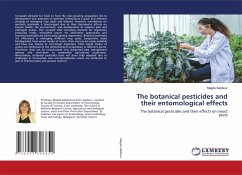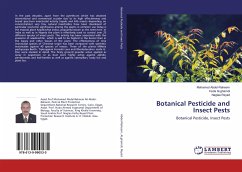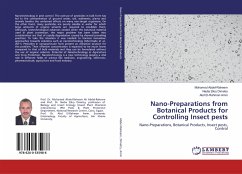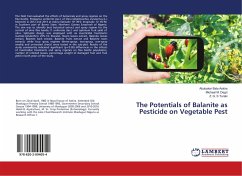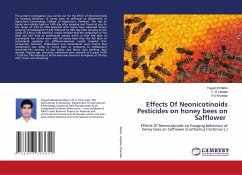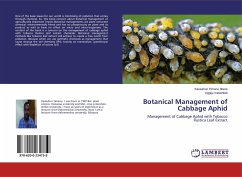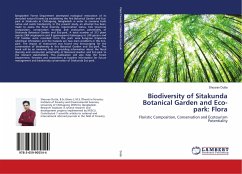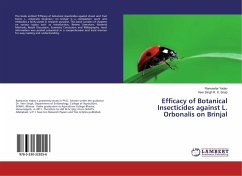Increased demand for food to feed the ever-growing population led to development and adoption of synthetic chemicals as a quick and effective strategy of managing crop pests and diseases. However, overreliance on synthetic pesticides is discouraged due to their detrimental effects on human health, the environment, and development of resistant pest and pathogen strains. This, coupled with increasing demand for organically produced foods, stimulated search for alternative approaches and botanical pesticides are particularly gaining importance. Botanical pesticides are efficacious in managing different crop pests, inexpensive, easily biodegraded, have varied modes of action, their sources are easily available and have low toxicity to non-target organisms. Their varied modes of action are attributed to the phytochemical composition in different plants. Therefore, they can be incorporated into integrated pest management systems and contribute to sustainable agricultural production. Nevertheless, botanical pesticides have not been fully adopted due to challenges in formulation and commercialization which are attributed to lack of chemical data and positive controls.
Bitte wählen Sie Ihr Anliegen aus.
Rechnungen
Retourenschein anfordern
Bestellstatus
Storno

